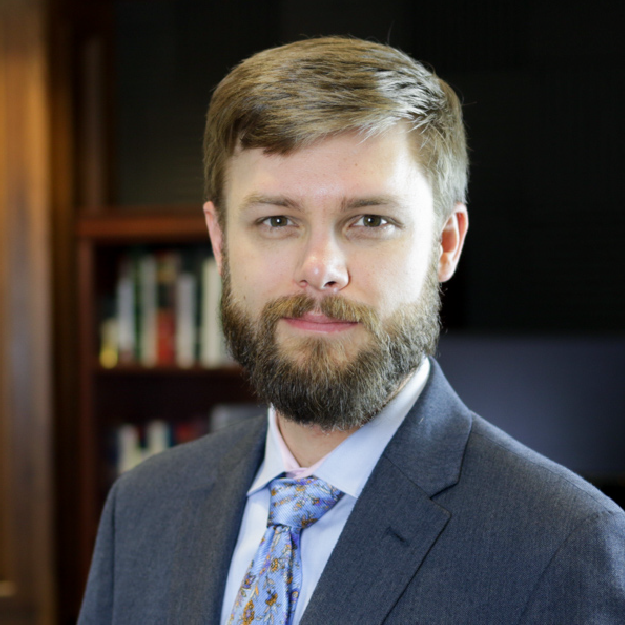Oklahoma Watch digs into one aspect of the opioid shakedown: the millions of dollars going to lawyers and just how much work they really did. But here is another question: Is it ever appropriate for government lawyers—including those on contract—to pursue a case on a contingency fee basis?
To put it another way, even when the government is engaged in civil litigation, should those attorneys be held to similar standards as prosecutors in a criminal case?
Here is a very short, very rough sketch of legal history. Private parties responded to wrongs by seeking private justice—revenge or vendettas. Governments, such as they were, created a structure to channel those private actions in a less harmful way. Eventually, governments took over the role of prosecuting alleged crimes. The dangers inherent in this power led to constraints on it, like the Bill of Rights and heightened ethics rules for prosecutors.
Through all that history, private non-criminal wrongs like negligence were almost entirely left to private parties to pursue in civil courts. With the rise of the administrative state, government more and more often uses this civil court system itself. And while a civil judgment cannot put a person in prison, it can seize property, earnings, and future earnings. It can easily destroy a business or a reputation. And yet there are no similar constraints on government in civil actions as in criminal prosecutions.
